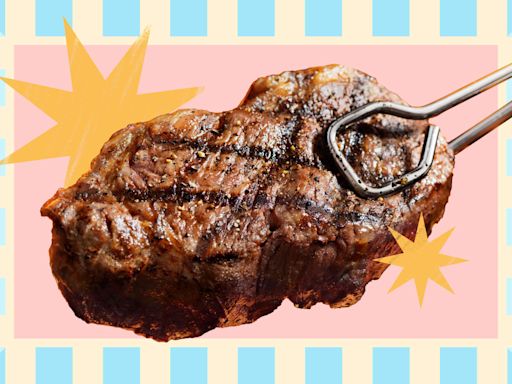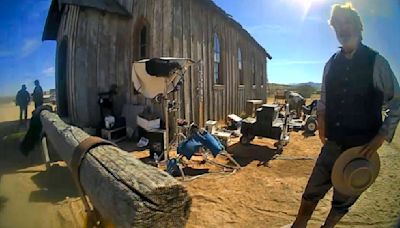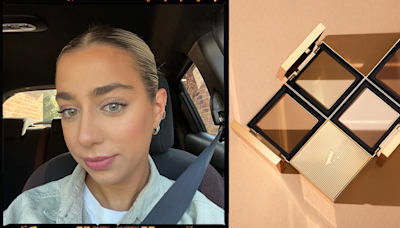Search results
A poem that celebrates the beauty and joy of nature and love. The phrase "a thing of beauty is a joy for ever" is repeated throughout the poem as a theme and a motto.
- Hyperion
Sorrow more beautiful than Beauty's self. There was a...
- Fancy
John Keats was born in London on 31 October 1795, the eldest...
- The Eve of St. Agnes
Thy beauty's shield, heart-shap'd and vermeil dyed? Ah,...
- John Keats 101
John Keats’s selected poems in order of publication. 1810s...
- Hyperion
- Summary
- Greek Mythology Context
- Structure and Form
- Literary Devices
- Analysis, Stanza by Stanza
- Similar Poetry
- GeneratedCaptionsTabForHeroSec
The first book of “Endymion” by John Keats details the speaker’s beliefs regarding the power of beauty and his intentions to tell the story of Endymion. The poem begins with the speaker describing, at length, the power he believes beauty holds over human life. He sees it as a guiding force that, when accepted and appreciated, enters into one’s hear...
“Endymion” is named for the Aeolian shepherd and king of Elis in Greek mythology. He was said to rule at Olympia and is best known for the love he bares Selene, the moon. This had led many, including Pliny the Elder, to cast Endymion as an astronomer or at least as one who is quite familiar with celestial movements. In the mythological account of t...
The first book of “Endymion,” ‘A Thing of Beauty is a Joy Forever,’ by John Keats, consists of three stanzas that can be split into smaller sections for simpler analysis. The poem is constructed with a consistent and ever-present rhyme scheme of AABBCCDD and so on. This rhymescheme was chosen by Keats in order to sustain a sense of forwarding momen...
Throughout this poem, the poet makes use of several literary devices. These include but are not limited to: 1. Metaphor: a comparison between two things that does not use “like” or “as.” Metaphorsstate that one thing “is” another. For example, “A thing of beauty is a joy forever.” 2. Alliteration: the repetitionof the same consonant sound at the be...
Stanza Two
In the shortest stanza of Book One, the speaker emphasizes the long-lasting impact that beauty and loveliness have on one’s life through “immortal drink.” When one has had the drink of beauty, the feelings do not soon wear off. The world that one once saw as beautiful around them enters into one’s body. They become the beauty they once observed. One becomes “bound” by “cheering life” and “glories infinite.” They stay with one no matter what life brings. They will always be there until the day...
Readers who enjoyed this piece should also consider exploring some other John Keats poems. For example: 1. ‘Bright Star‘ – uses a star as an image of steadfastness in order to depict how true a lover’s heart is. 2. ‘In drear-nighted December‘ – describes the way memories of happier and warmer times impact one’s emotions in the coldest hours of Dece...
Learn about the meaning, context, and analysis of Keats' famous line from his epic 'Endymion'. Explore the themes of beauty, truth, and immortality in his Romantic poetry.
- Female
- Poetry Analyst
The idea that beauty is eternal and has a timeless lifelong attraction is the central theme of the poem “A Thing of Beauty” from the Class 12 English Flamingo textbook. The poem talks about how beauty endures and may be found in both created and natural things.
Learn how Keats argues that beauty is a joy for ever and a source of consolation in his poem Endymion. Explore the themes, symbols, devices, and vocabulary of the first stanzas of this Romantic masterpiece.
Learn about the British Romantic poet John Keats and his poem 'A Thing of Beauty', based on a Greek legend. Explore the things of beauty and the sources of suffering in the poem and the poet's vision of life.
Learn about the poem A Thing of Beauty by John Keats, which celebrates the beauty of nature and its impact on human life. Find out the theme, summary, and FAQs of this poem based on a Greek legend.
A poem that celebrates the beauty and joy of nature and love, inspired by the myth of Endymion and the moon goddess Cynthia. The opening lines quote the famous phrase "A thing of beauty is a joy for ever" from Keats's ode "To Autumn".






